
Under the agreement, Shilpa will undertake development and commercial supply for a novel checkpoint inhibitor for immuno-oncology indications.

Under the agreement, Shilpa will undertake development and commercial supply for a novel checkpoint inhibitor for immuno-oncology indications.

EMA’s CHMP recommended conditional marketing authorization for linvoseltamab to treat adults with relapsed and refractory multiple myeloma.

Bora said it will be involved in stages ranging from chemistry, manufacturing, and controls strategy through to clinical development.

The investment will allow Sanofi to strengthen antibody bioproduction at its Lyon Gerland site in France.

Lonza’s Synnafix has licensed its ADC technology to BigHat Biosciences, which will combine it with its ML design platform to generate newly designed ADCs.

The best strategy is to use a combination of complementary methods.

Syngene has launched a new protein production platform that offers faster production with lower risk.

Lonza has made a deal with Acumen Pharmaceuticals to manufacture sabirnetug, a mAb that will soon be entering Phase II development for treating Alzheimer’s disease.

ProBioGen and Mapp Biopharmaceutical will use the former’s GlymaxX technology to develop a cell line for an afucosylated antibody that targets Marburg virus infection

The authors evaluated the potential of direct filtration for multiple biopharmaceutical candidates. This article is Part 2 of the study.

Under the new partnership, Samsung Biologics will develop and manufacture an antibody for a LegoChem Biosciences ADC candidate.

Purolite and Repligen have commercially launched a new CH1 affinity resin for the purification of specialized mAbs.
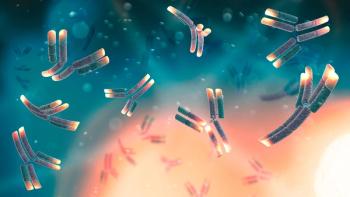
The authors present a methodology to assess the contribution of individual filters to overall capacity of the direct filtration train, and elucidate how capacity is affected by characteristics of the cell culture broth and process parameters, including for enhanced upstream processes such as those incorporating high cell density perfusion.

Abzena has launched its AbZelect platforms, designed for improving cell line development.

Both adherent and suspension cell culture approaches have their pros and cons, which must be considered for process development.

Lonza’s new GS Effex cell line can help overcome the challenges of developing therapeutic antibodies with increased potency.

As part of a $30 million investment, Aragen is setting up a new biologics manufacturing facility in Bangalore, India.

There is no such thing as a perfect linker.
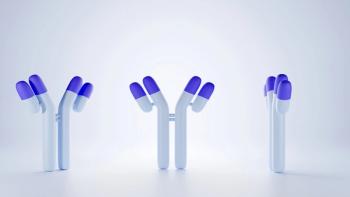
Re-evaluating the basics of mAb production may be beneficial for the biopharma industry as a whole.
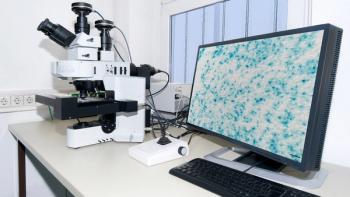
Image analysis algorithms coupled with microscopy techniques can be used to characterize aggregates of therapeutic proteins.
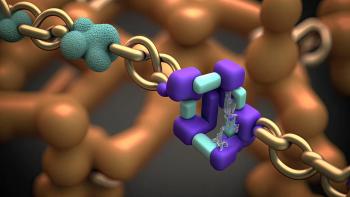
Exploring new fields can bring novel antibody candidates to the pipeline.

Chime Biologics, Leads Biolabs, and BeiGene have formed a three-way collaboration to advance the development and global manufacturing of Leads Biolabs’ lead mAb candidate, LBL-007.
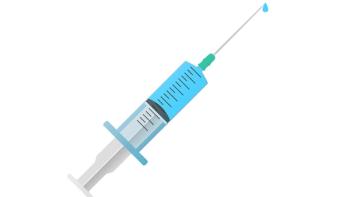
Use of a small-scale filler can result in increased filling efficiency.
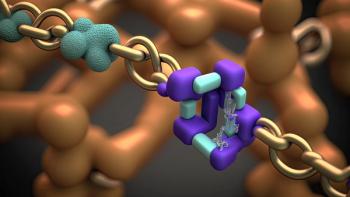
New fields are being explored to bring novel antibody candidates to the pipeline.

Compliance with GMP standards remains an integral focus in bulk mAb manufacturing.